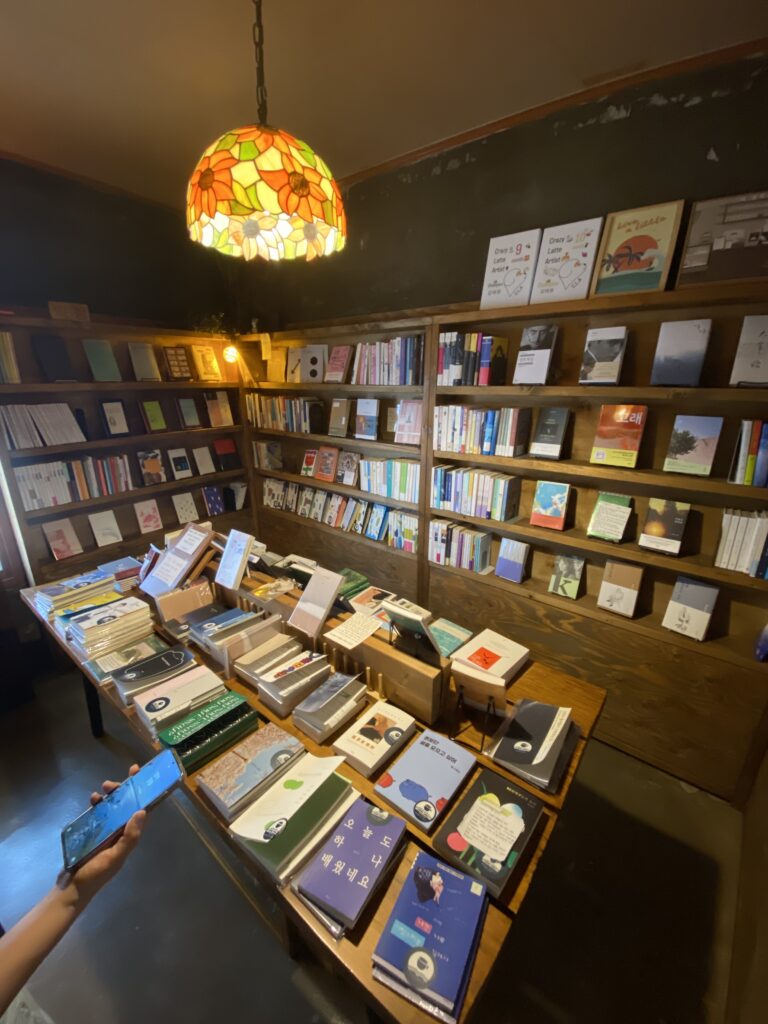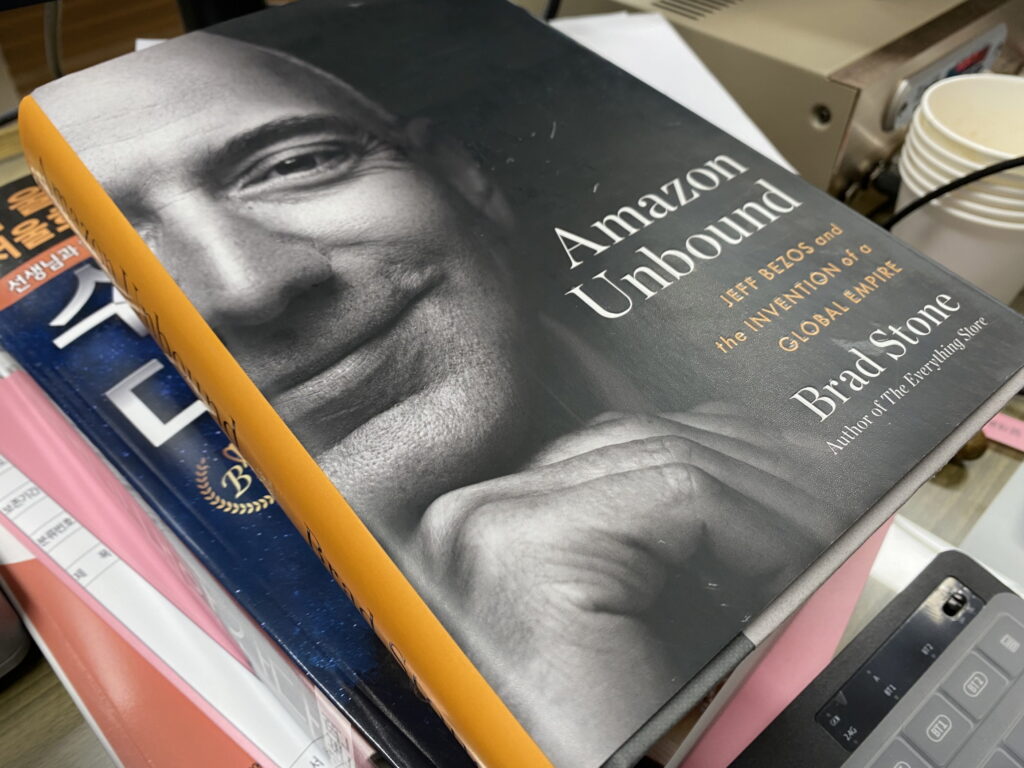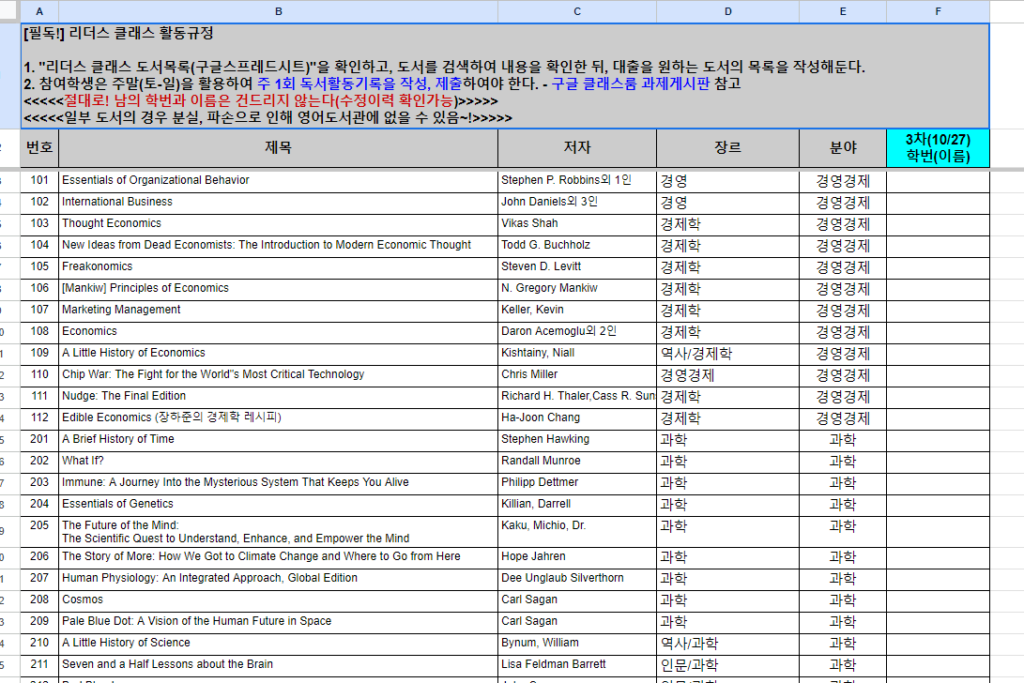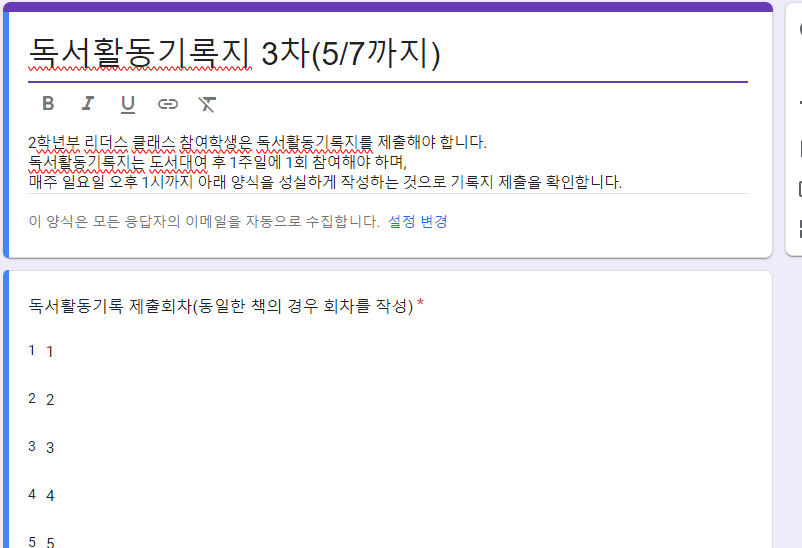This post, a translation of the previous post, ‘독서활동에 대한 짧은 생각‘, is written with the hope of reaching readers from more countries.
Introduction
Successful college admission in S.Korea requires many elements. Good grades and a record of diverse activities documented in the student’s record(학생부/생기부) are essential. While it may seem simple to attribute it to just these two factors, the reality is far more complex. Achieving good grades requires a long-term accumulation of learning experiences. Additionally, to compile a student record filled with diverse activities, one must actively participate and deliver good results to their homeroom teacher. A teacher capable of accurately documenting these activities is also necessary.
Past Record of Activities in Student Records
There was a time when most on-campus and off-campus activities could be recorded in student records. With no restrictions, schools and universities were free to create and record a wide array of activities. I believe that this period allowed for significant development of various activities, greatly aiding in enhancing students’ capabilities. However, every policy has its drawbacks. As good activities increased, so too did superficial activities created merely for the sake of filling out student records. Schools sometimes fabricated activities that were practically unfeasible, recording as if students had participated.
Current Changes in Student Record Policies
Currently, only activities conducted under the annual school education plan(연간 학교교육계획) can be recorded. This change has made it difficult to adapt to ever-changing circumstances throughout the year. Excessively diverse and strenuous activities are now left for universities to decide whether to consider them authentic. This shift signifies that quality has become more important than merely increasing the quantity of entries in student records.
The Importance of Reading in College Admissions and Growth
Reading remains a crucial element both in the past and present. Notably, while reading no longer directly impacts college admissions, its importance has increased as it can now be recorded under subject-specific achievements(교과 세부능력 특기사항) or creative extracurricular activities(창의적 체험활동).
Reading is the foundation of all learning, whether it involves textbooks, humanities, or science books. Textbooks are merely compilations that condense and organize diverse knowledge. Once students get into university, they must enhance their capabilities independently without textbooks. Those who lack a basic habit of reading, even if they had good grades through high school, will eventually fall behind.
It may sound cliché, but the reality of students’ reading habits in schools is disheartening. With the increasing workload and time commitment, reading, which often does not yield immediate results, tends to be neglected. The issue is not just the absence of reading as a noted skill but a decline in basic literacy skills. This decline manifests in lower grades in the Korean language section of college entrance exams(수학능력시험) and extends to research fields and English subjects.
Reading should be customized to meet the diverse needs of each student. Every student has their own unique characteristics, necessitating different types of reading materials. However, one thing is clear: there is no growth if one only engages with materials that are enjoyable and easy to read.

High School English Book Reading Activities
As an English teacher and the grade coordinator, I concluded that reading texts in English was an optimal choice. Over two years, we purchased a diverse array of English books to help students acclimate to reading in English. Due to the complexity of these texts, students began referring to Korean translations to aid their understanding. Often, students would only read parts of the original books and base their reports on the Korean translations. However, some students alternated between the translations and the original texts, which not only helped in crafting their reports but also contributed to enhancing their English skills and developing reading habits.

Considerations
When planning a book reading activity, the most crucial step—and perhaps the most challenging—is selecting books that satisfy the diverse reading desires of students. Choosing books in Korean is already a challenging task, but selecting English books is even more so. Balancing the difficulty of the English books with the students’ interests is tricky. Books that are too easy may not be engaging, while books that are interesting may be too difficult in English. Finding a middle ground is essential for good book selection.
We purchased these books and established a sort of English book library. We also cataloged the books to allow students to pre-request and borrow them. Initially, many students would read only a page a week and write about it, but over time, they began to produce more substantial reports. We proceeded four rounds of book report tasks as references for writing the student records.
While I cannot detail the specific contents of the student records, the English reading activities allowed us to include substantial entries, and student satisfaction was high. We plan to continue this activity this year and will purchase additional books with this year’s budget to have around 250 titles available.


Concluding Remarks
Conducting reading activities with English books may not be suitable for every student. Honestly, very few students read even half of the books they chose. However, I assess this activity as not bad, as it serves to promote reading and enhance English proficiency. In the past, students interested in books would read during class time, but these days, such students are rarely seen, indicating a general lack of reading. In an era with many distractions, if students are not reading books in Korean on their own, perhaps engaging with English books might be worth considering. Reading in English seems to motivate at least some interest in reading in Korean.
While there are certainly side effects to relying on this activity, I recommend that many schools consider adopting it to enhance English proficiency and encourage more reading in Korean.


